In today’s modern world, electricity is an essential part of our daily lives. We rely on it for lighting, heating, cooling, and powering our electronic devices. However, electrical emergencies can occur unexpectedly, posing serious risks to both life and property. It is crucial to have the knowledge and skills to handle these emergencies safely and effectively.
This article will provide a comprehensive guide on how to handle electrical emergencies in residential and commercial settings, outlining the necessary steps to ensure the safety of individuals and minimize potential damage.
Understanding Electrical Emergencies
Before delving into the steps of handling electrical emergencies, it is essential to understand what constitutes an electrical emergency. An electrical emergency refers to any situation involving electrical systems or appliances that pose an immediate threat to safety or property. Common causes of electrical emergencies include faulty wiring, overloaded circuits, electrical fires, power outages, electric shocks, fallen power lines, and water-related electrical incidents.
Safety Precautions
When faced with an electrical emergency, prioritizing personal safety is paramount. Before taking any action, it is crucial to ensure that you are not putting yourself or others at further risk. Here are some safety precautions to consider:
- Turn off the power source: If it is safe to do so, disconnect the power source by switching off the circuit breaker or unplugging the affected appliance. This step helps prevent further electrical hazards.
- Use protective gear and tools: When dealing with electrical emergencies, it is essential to wear appropriate protective gear, such as insulated gloves and safety goggles. Additionally, use insulated tools to minimize the risk of electric shock.
- Be aware of potential dangers: Electrical emergencies can present various dangers, such as fire, electrocution, or explosions. Stay vigilant and be mindful of these risks to ensure your safety and the safety of others.
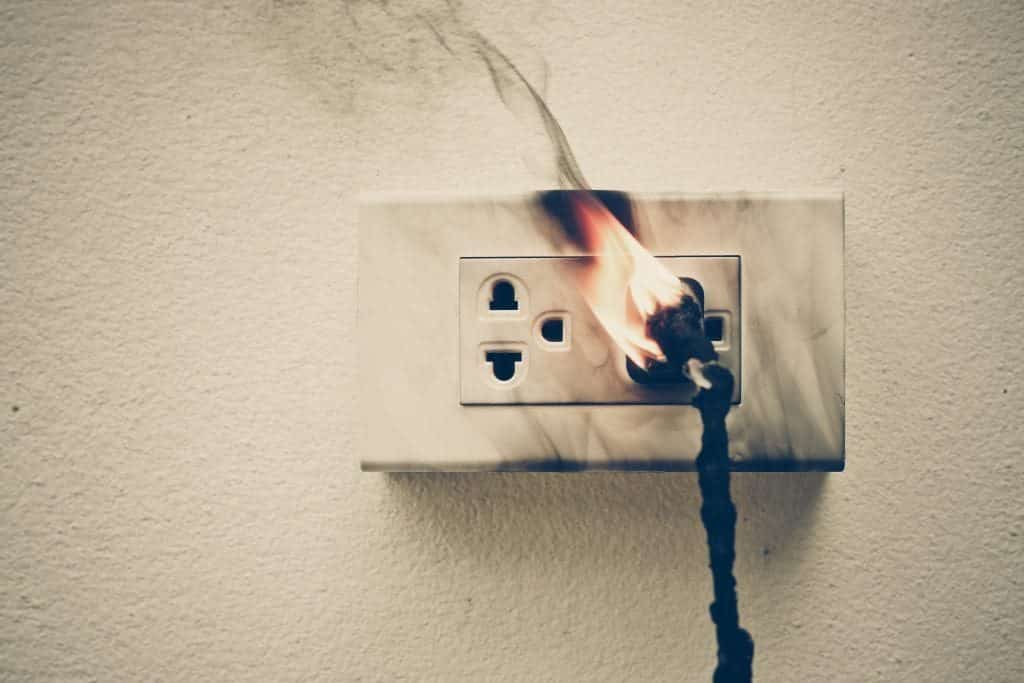
Steps to Handle Electrical Emergencies
A. Electrical Fire
Electrical fires can be particularly hazardous and require immediate attention. Follow these steps to handle an electrical fire safely:
- Stay calm and act quickly: In the event of an electrical fire, remain calm and act swiftly. Time is of the essence when dealing with fires.
- Call emergency services: Dial the emergency services number (e.g., 911) to report the fire. Provide accurate information about the location and nature of the fire.
- Use a fire extinguisher: If you have access to a fire extinguisher and it is safe to use, aim it at the base of the fire and sweep from side to side until the flames are extinguished.
- Evacuate the premises: If the fire becomes uncontrollable or you are unable to extinguish it, evacuate the building immediately. Follow established evacuation procedures and ensure everyone is safely outside.
B. Power Outage
Power outages can occur due to various reasons, such as severe weather conditions or electrical system failures. Here’s how to handle a power outage:
- Assess the extent of the power outage: Determine whether the power outage is limited to your property or if it affects the entire neighborhood. Check with neighbors or contact the utility company for information.
- Troubleshoot the issue: Check the circuit breaker panel to see if any breakers have tripped. Reset any tripped breakers and check if power is restored. If not, proceed to the next step.
- Contact the utility company: If the power outage is not isolated to your property and affects the entire area, contact the utility company to report the outage. Provide them with accurate information to assist in their restoration efforts.
C. Electric Shock
Electric shocks can occur when coming into contact with live electrical wires or faulty appliances. If someone experiences an electric shock, follow these steps:
- Ensure personal safety: Before approaching the person, make sure the power source is turned off or the person is no longer in contact with the electrical source. Your safety should always be the top priority.
- Call for medical assistance: Dial emergency services or seek medical attention immediately, especially if the person is unconscious, experiencing difficulty breathing, or has visible burns.
- Administer first aid: If it is safe to do so, perform CPR or rescue breaths if the person is not breathing. If there are visible burns, cool the affected area with cold water but avoid using ice.
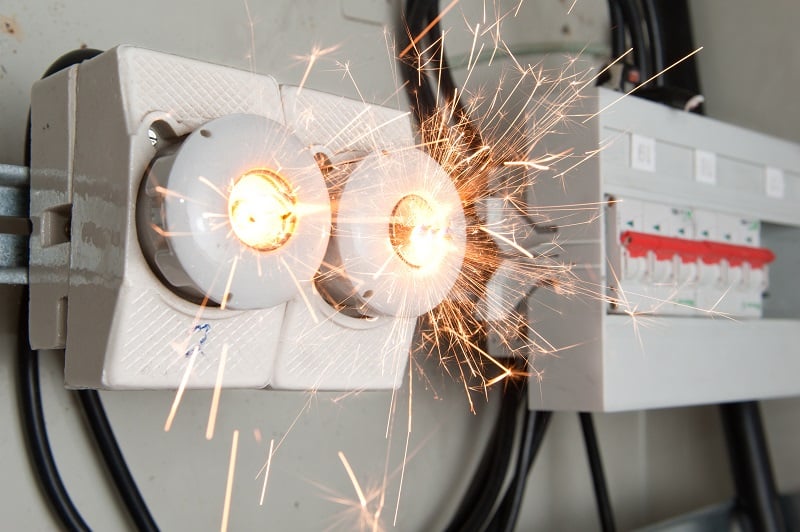
D. Electrical Overload
Electrical overload occurs when the electrical system is overwhelmed by the demand for power, leading to overheating and potential hazards. Follow these steps to handle electrical overload:
- Identify signs of electrical overload: Look out for signs such as flickering lights, frequently tripping circuit breakers, or burning smells near electrical outlets. These arepotential indicators of an electrical overload.
- Take preventive measures: Reduce the load on the electrical system by unplugging unnecessary appliances or redistributing the load across different circuits. Avoid using multiple high-power devices simultaneously.
- Consult a professional: If the electrical overload persists or if you are unsure about the underlying issues, it is advisable to consult a licensed electrician. They can assess the situation and make necessary repairs or upgrades to prevent future overloads.
E. Fallen Power Lines
Encountering fallen power lines can be extremely dangerous, as they may still be live and pose a significant risk of electrocution. Follow these steps if you encounter a fallen power line:
- Stay away and keep others at a safe distance: Maintain a distance of at least 30 feet from the fallen power line. Warn others to stay away and prevent them from approaching the area.
- Report the fallen power line: Contact the local authorities or the utility company immediately to report the fallen power line. Provide them with accurate information about the location and any observed hazards.
- Do not touch or attempt to move the power line: Never touch a fallen power line or attempt to move it yourself. Even if it appears to be inactive, it may still be energized and pose a severe risk.
F. Water-Related Electrical Emergencies
Water and electricity are a dangerous combination. Handling electrical emergencies in wet environments requires extra caution. Follow these steps to ensure safety:
- Turn off the power source: If it is safe to do so, turn off the power source to prevent electrical shock. If you are unsure or unable to access the power source, contact a professional electrician for assistance.
- Avoid standing water: Do not enter areas with standing water if there is a possibility of electrical contact. Water can conduct electricity and increase the risk of electrocution.
- Proper maintenance and prevention: Regularly inspect and maintain electrical systems in areas prone to water exposure, such as bathrooms, kitchens, and outdoor spaces. Install ground fault circuit interrupters (GFCIs) to provide additional protection against electrical shocks.
Calling for Professional Help
While it is essential to know how to handle electrical emergencies, there are instances where professional help is necessary. Here’s when you should contact emergency electrical services:
- Immediate danger: If there is an immediate danger to life or property, such as an electrical fire or a severe electric shock, call emergency electrical services without hesitation.
- Complex electrical issues: If you encounter complex electrical issues that you are not equipped to handle, it is best to seek assistance from a licensed electrician. They have the expertise and tools to diagnose and resolve intricate electrical problems.
- Persistent electrical problems: If you experience recurring electrical problems, such as frequent power outages or electrical malfunctions, it is advisable to consult a professional. They can identify the root cause of the issue and provide a long-term solution.
When contacting professional help, ensure that you provide accurate information about the situation, including any observed symptoms or hazards. Cooperate with emergency responders and electricians to facilitate a swift and effective resolution.
Prevention and Maintenance
Preventing electrical emergencies is always better than dealing with them after they occur. Here are some preventive measures and maintenance tips to keep your electrical system safe:
- Regular electrical inspections: Schedule regular inspections by a licensed electrician to identify potential issues, such as faulty wiring, outdated components, or overloaded circuits. Addressing these problems proactively can prevent emergencies.
- Proper electrical system maintenance: Keep your electrical system well-maintained by promptly repairing any damaged or worn-out components. Replace frayed wires, malfunctioning outlets, and outdated electrical panels to minimize the risk of emergencies.
- Educate others about electrical safety: Share your knowledge of electrical safety with family members, friends, and colleagues. Teach them about the dangers of electrical emergencies and how to respond appropriately in case of an incident.
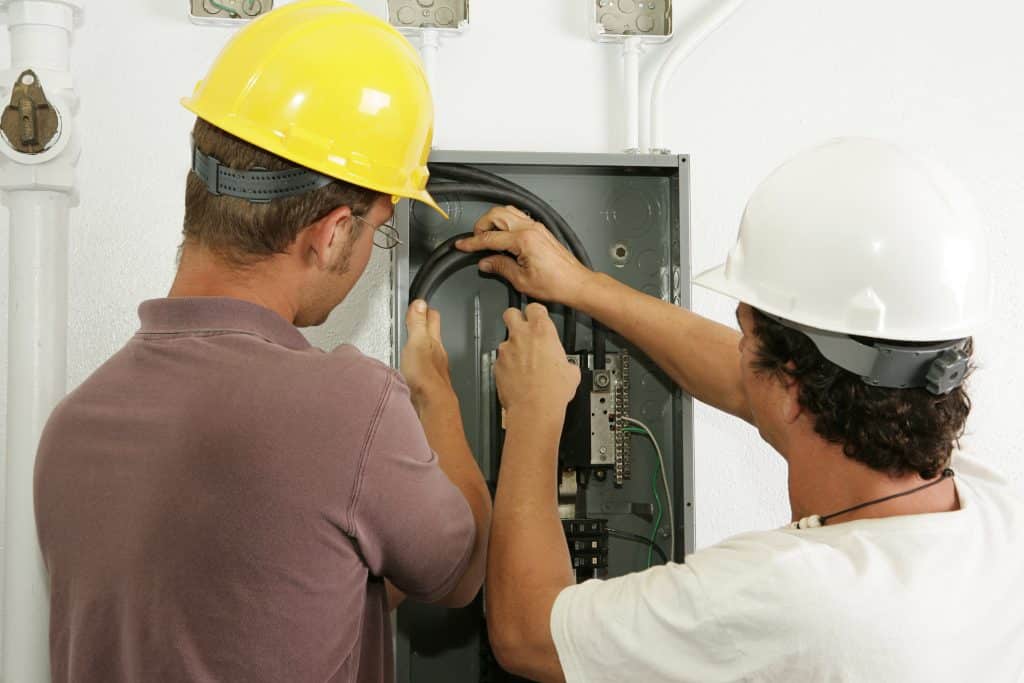
Conclusion
In conclusion, knowing how to handle electrical emergencies is crucial for the safety of individuals and the protection of property. By understanding the risks associated with electrical emergencies and following the outlined steps, you can effectively respond to various situations, such as electrical fires, power outages, electric shocks, fallen power lines, and water-related incidents. Remember to prioritize personal safety, seek professional help when needed, and take preventive measures to maintain a safe electrical system. By sharing this knowledge with others, we can create a safer community and reduce the potential risks of electrical emergencies.
Remember, in case of an emergency, always prioritize personal safety and contact the appropriate authorities or professionals for assistance.
Stay safe and be prepared! Cotton Electric responds to electrical emergencies in residential and commercial settings. Just call us at 972-296-4020 for immediate assistance.


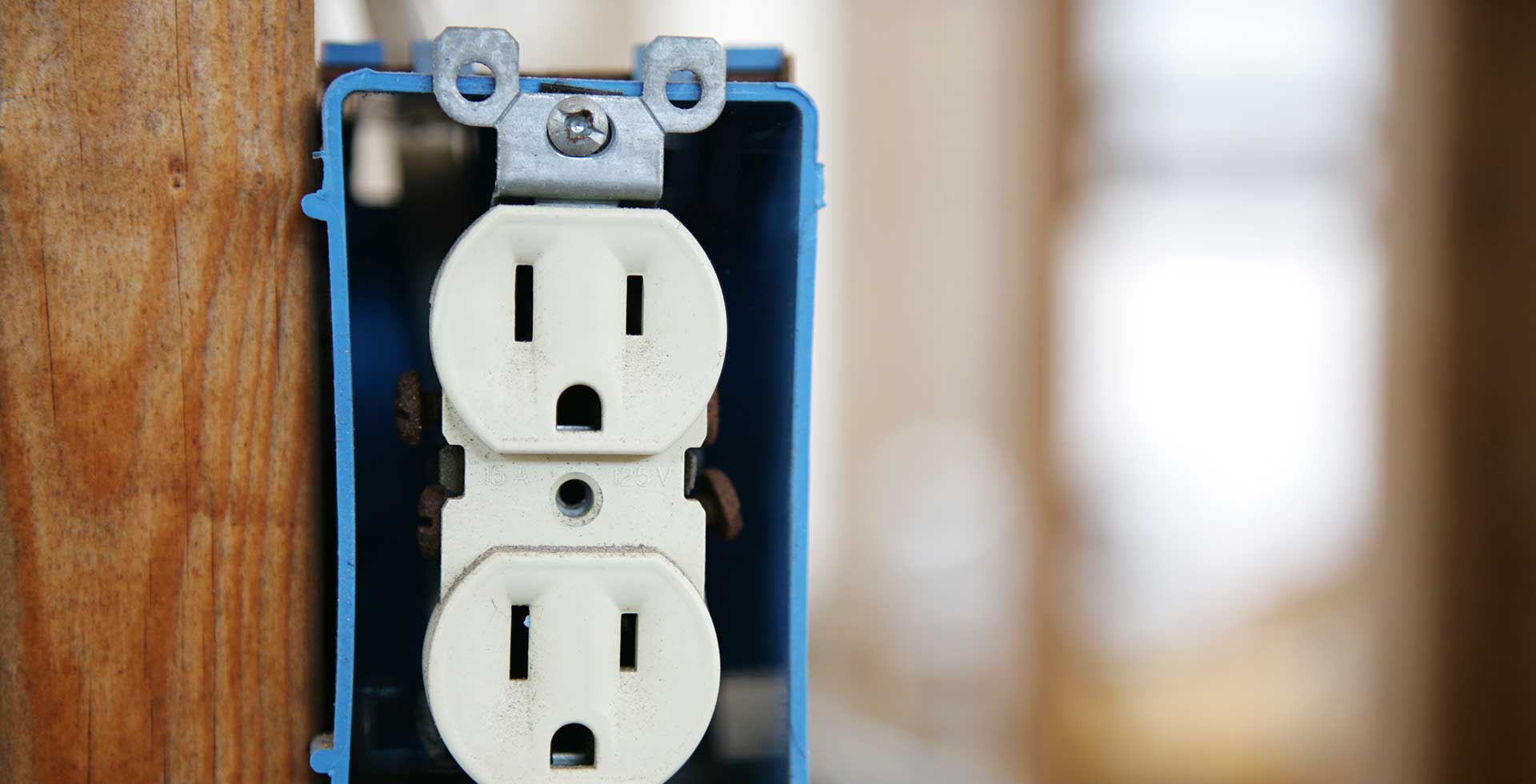
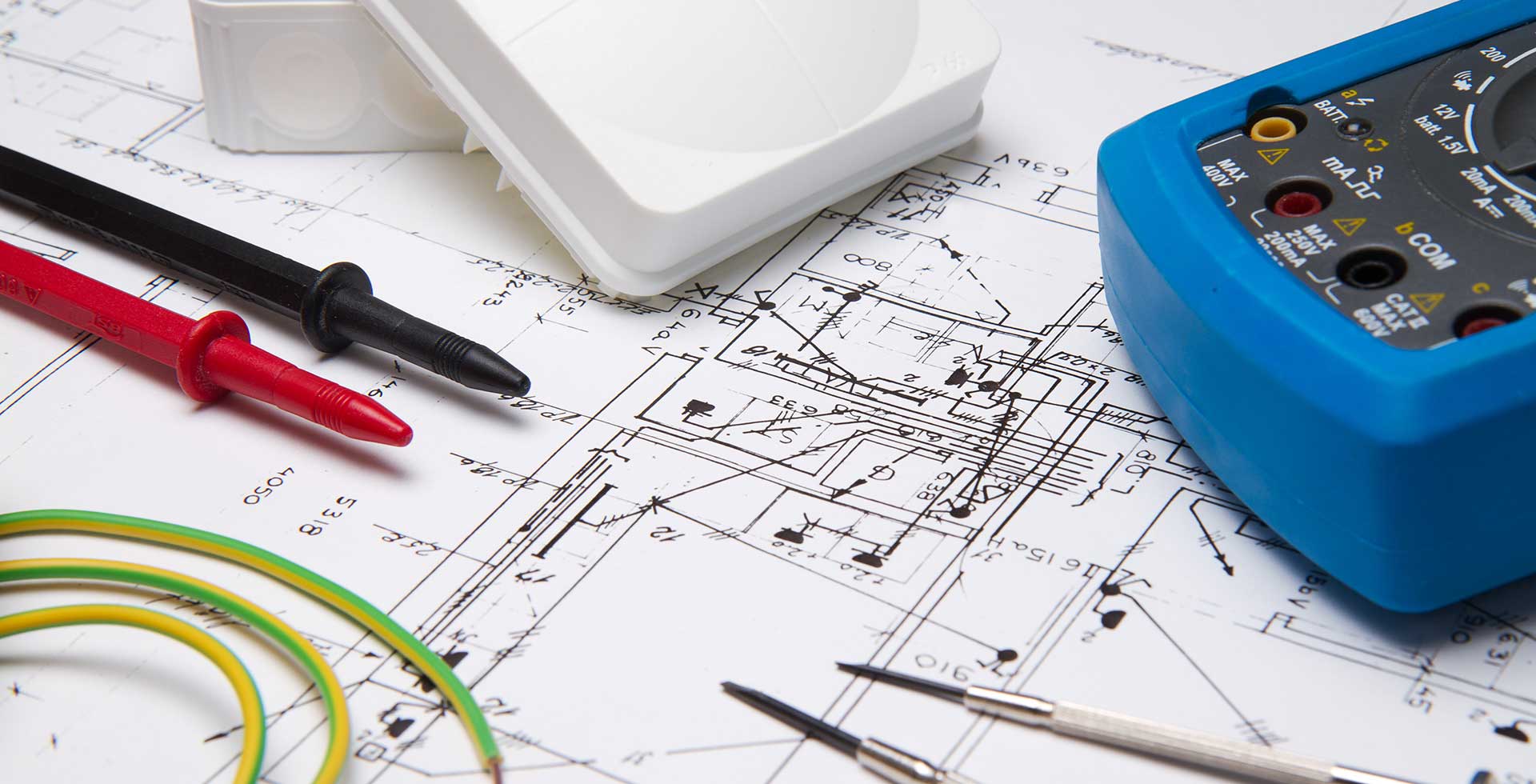


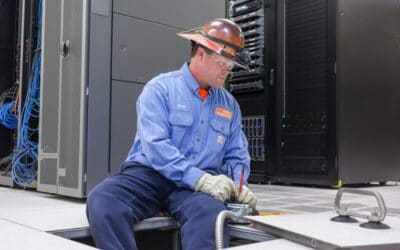
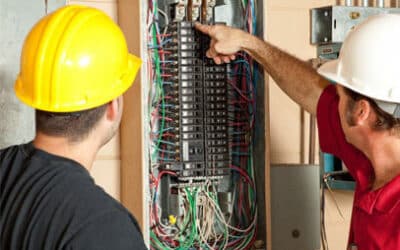

Recent Comments